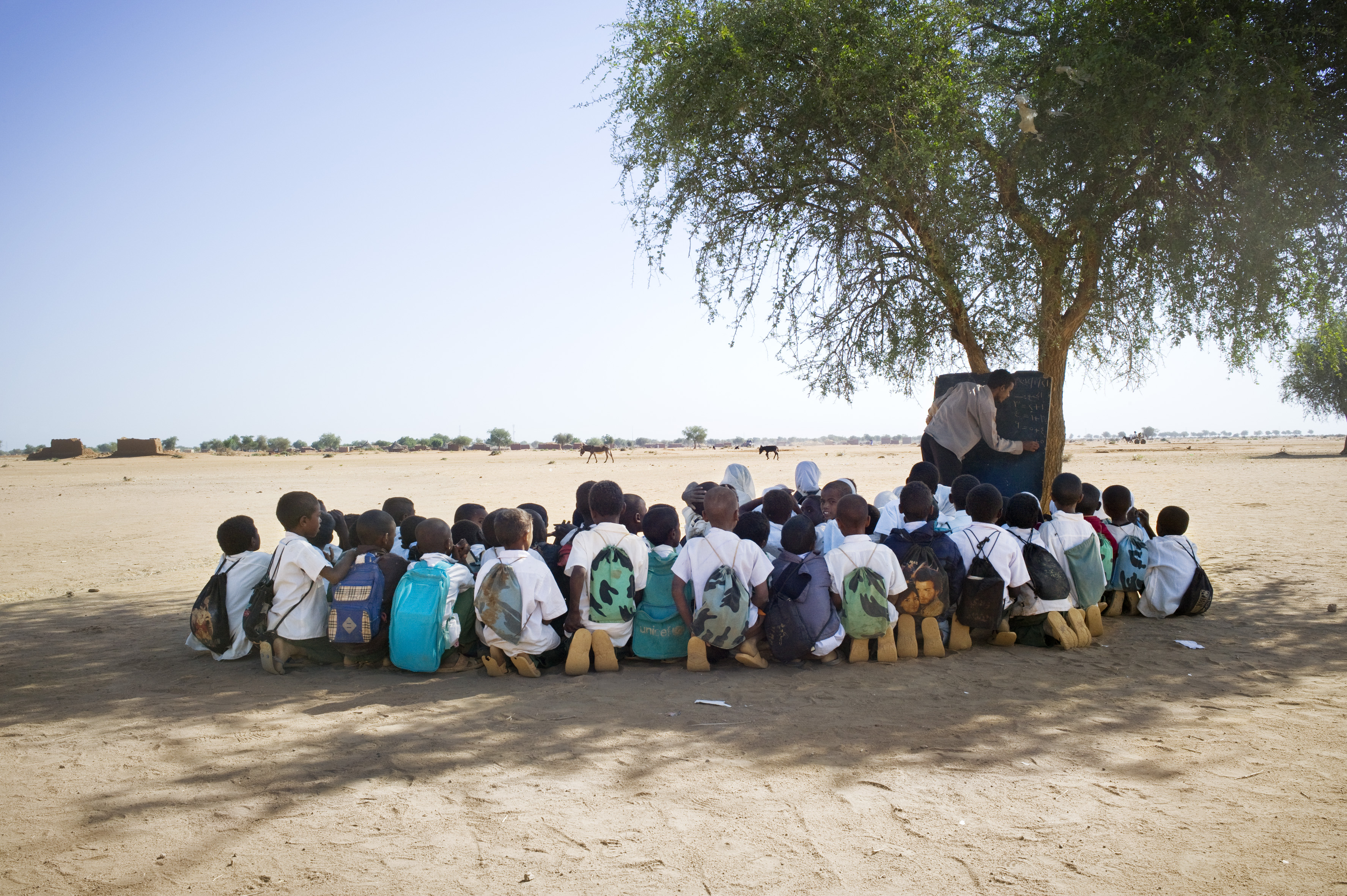
Policies
Akelius language learning opportunities
Context and Issue
According to a report by the International Organization for Migration (IOM) in early 2023, over 140,000 refugees from Syria, Afghanistan, and conflict-torn countries have tried to reach EU member states by arriving in Bosnia and Herzegovina. This increase in the number of migrants and refugees has significantly strained the country's educational system.
Solution
In collaboration with Akelius, UNICEF has introduced an online language learning tool (Akelius App) for both English and German. The tool is implemented in temporary arrival centers for refugees and several local public schools as part of the programme implementation. The project aims to provide language learning opportunities to around 1000 children annually between 2022 and 2025, focusing on the main two reception stations for refugees and 9 model public schools. Through well-designed online language classes using a blended learning approach, the program aims to provide language education to children and enhance the digital and pedagogical skills of 350 teachers by 2025, enabling them to use language learning technology in the classroom effectively.
Impact
At the program's launch, many challenges arose due to the lack of experience using the app and other technical difficulties faced by students and teachers. However, these issues were quickly resolved when teachers received the necessary training and incorporated new strategies into their teaching methods. The program has been successful, reaching three temporary reception centers in the country and being implemented in different public schools in the two main cantons: Sarajevo and Un-Sana.
Since the program is still ongoing, it is a bit difficult to measure its impact precisely. However, it has been reported that the learning outcomes have helped many students to speak English finally. Additionally, the program has had a significant social impact on the targeted children, supporting the integration of refugee children into the school community and reducing their sense of separation from their peers.
This program is also seen as a significant milestone in the country as it has provided many teachers with proper support to become comfortable with digital resources, lesson preparations, and teaching efficiency and quality.
Analysis
The Akelius digital learning program has shown promise in its initial implementation in Bosnia and Herzegovina. However, due to infrastructure issues, the program will likely face significant challenges in expanding to rural villages. While schools in urban cities are better equipped for this program, many smaller cities will undoubtedly face internet connection issues. According to the report, "a widening digital divide between urban and rural schools presents a risk for scaling digital learning".
Despite these challenges, the program's content is highly replicable and can be tailored to many countries, especially those that receive frequent migration waves, finally helping many students to speak English, such as Greece, Lebanon, and Italy. However, successful expansion may require tailoring the content to align with local curricula, cultural settings, and languages, which could be time-consuming. This could be an issue when implementing the program in other countries with different educational standards and goals












